SUMMARY
This is AI generated summarization, which may have errors. For context, always refer to the full article.
![[OPINION] Conditional acceptance and why it’s not good enough for the LGBTQ+](https://www.rappler.com/tachyon/2022/06/tl-lgbt-conditional-acceptance.jpg)
Without batting an eyelash, many Filipinos will say that they accept the LGBTQ+.
But the reality is that this acceptance is conditional. It comes in different forms. In their families, queer people feel that they need to prove their worth before they are accepted. Many Filipinos know what this means. Usually, this has to do with their ability to provide for the family.
Sociologist Ash Presto’s work in rural communities validates this point. Based on interviews with gay teenagers, she shows how their acceptance is tied to the financial contributions they make to the family.
In the religious sphere, conditional acceptance comes in many forms, too. For some, this means those in the gender minority are accepted as long as they do not engage in any sexual relations.
And in many cases, homosexuality — as a sexual orientation — is in itself sinful.
Queer churchgoers are thus subjected to varying forms of conversion therapy. From counseling to exorcism, queer Christians have a lot to share about the violence they are confronted with just to become acceptable in their faith communities.
Not good enough
Conditional acceptance is difficult to challenge. After all, those who adhere to it believe that what they do is out of love.
Nowhere is this more pronounced than in conservative religious circles. For these people, to “love the sinner but hate the sin” is their greatest mission in life.
And yet conditional acceptance is not good enough.
Its moral assumption, first and foremost, is that the LGBTQ+ are not good enough. This is why it places the burden on the LGBTQ+ to modify their behaviors. In extreme cases, they are asked to deny who they are before they’re recognized as legitimate members of the family or church. In this light, providing for the family compensates for their feelings of inadequacy. With an elevated economic power, perhaps they can demand respect.
But there’s another reason why conditional acceptance is not good enough. It fails to hold a mirror up to oneself. It draws on a moral worldview that all queer people are inherently evil.
Senator Manny Pacquiao once described same-sex couples to be “worse than animals.” A staunch Evangelical, he made this statement based on what he believed to be a biblical teaching. While he later on apologized for it, he nevertheless stood his ground that “I’m just telling the truth of what the Bible says.”
In 2015, the Catholic Bishops Conference of the Philippines (CBCP) called on politicians to refuse the legalization of same-sex marriage. “There are absolutely no grounds,” according to the CBCP, “for considering homosexual unions to be…remotely analogous to God’s plan for marriage and the family.”
Conditional acceptance is discrimination
Ultimately, conditional acceptance is not good enough because it fails to recognize that discrimination is an everyday reality for queer people. Too often, these encounters are not isolated to one space alone. They occur in the most intimate of spaces such as the family and the church.
Allow us to recount a story based on our project on queer young adults who grew up in Christian families.
Jadie, 25, is a member of one of the fastest-growing evangelical groups in the Philippines. To describe his experience as a gay man in his congregation, he uses the Filipino word for suffocation (nasasakal).
Having been raised in a tight-knit community by parents active in church, Jadie had taken on some responsibilities himself in several ministries. He knew how difficult the situation would be if his congregation, which opposed the SOGIE Equality Bill, discovered his gender and sexuality.
He had in fact already come out to his parents but was asked to reform his ways. And when Jadie was later diagnosed with HIV, he did not expect the reaction he received from his parents:
“In my mind, I was expecting that the conversation would lead them to ask these questions: ‘What do we have to do? We need to have a medical check-up. What procedures are needed? What medicines do you need to take?’ But no. The conversation went, ‘ Why are you gay again? I thought you were already straight. I thought the Lord had changed you.’”
Jadie’s experience echoes that of many other people living with HIV. Many of them experience stigma due to the disease’s association with immorality and sin.
Solidarity
Such cases of discrimination — whether in public or private — are left unaddressed, largely due to the absence of anti-discrimination legislation. As we argued in another piece, religious freedom has been weaponized to block measures such as the SOGIE Equality Bill.
But we also believe that religious freedom — one which we describe as “robust” — can foster a more pluralistic and progressive society. How so?
First is by paying attention to various modes of discrimination — yes, even in religious spaces — and addressing them through policy interventions such as the SOGIE Equality Bill.
Second is by building solidarity — especially in faith communities — that assert gender minorities’ rights, including religious freedom. This is already seen in LGBTQ+-affirming churches such as the Metropolitan Community Church and some mainline Protestant denominations. But affirming spaces also exist — or can be made to exist — within more conservative denominations such as the Catholic Church and even Evangelical communities.
Building solidarities — within and across genders, creeds, and class — is more crucial than ever in a society that conditionally accepts LGBTQ+ persons but has also seemingly come to accept the degradation of truth and human rights.
Ultimately, this is why conditional acceptance is not good enough. Only in resisting together and in recognizing their interlinked struggles can queer people make space for themselves and for others. – Rappler.com
Jayeel Cornelio, PhD is the new Associate Dean for Research and Creative Work at the Ateneo de Manila University. He is a 2021 TOYM awardee for his contributions to education and sociology.
Robbin Dagle is a Lecturer at the Department of Communication of the Ateneo de Manila University. He also does stories and research on religion, human rights, and the media.
Those who are interested in more stories of discrimination might find it useful to refer to their in-depth publication on this matter.
Add a comment
How does this make you feel?
![[OPINION] It’s not okay to pray the gay away](https://www.rappler.com/tachyon/2021/02/ispeak-conversion-theraphy-1280.jpg?fit=449%2C449)
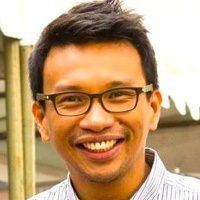
![[Two Pronged] A Born Again gay among homophobes](https://www.rappler.com/tachyon/2021/10/tp-sponge-being-gay-sq.jpg?fit=449%2C449)
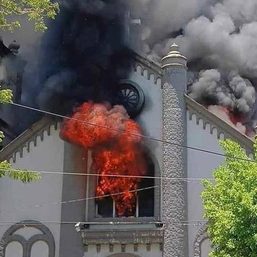
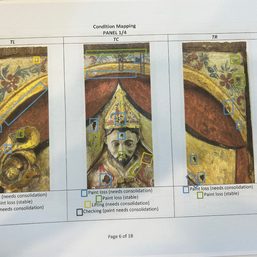
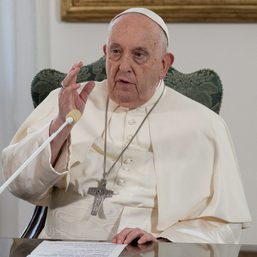

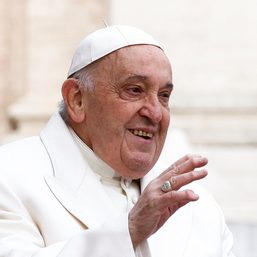
![[Judgment Call] Is Rappler an ‘enabler’ of Catholic ‘copycats’?](https://www.rappler.com/tachyon/2024/04/catholics-copycats-april-18-2024.jpg?resize=257%2C257&crop=418px%2C0px%2C1080px%2C1080px)
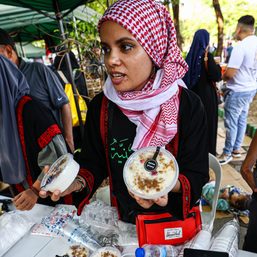
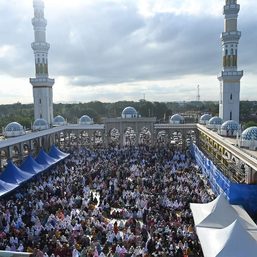
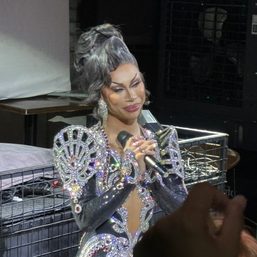
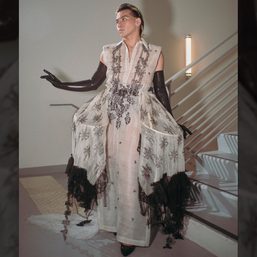
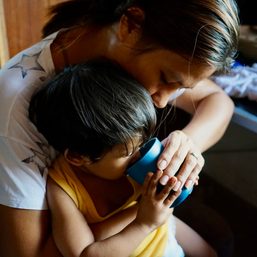
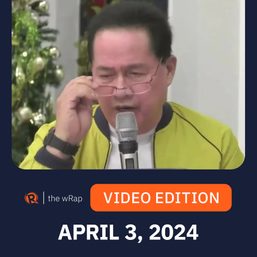
There are no comments yet. Add your comment to start the conversation.